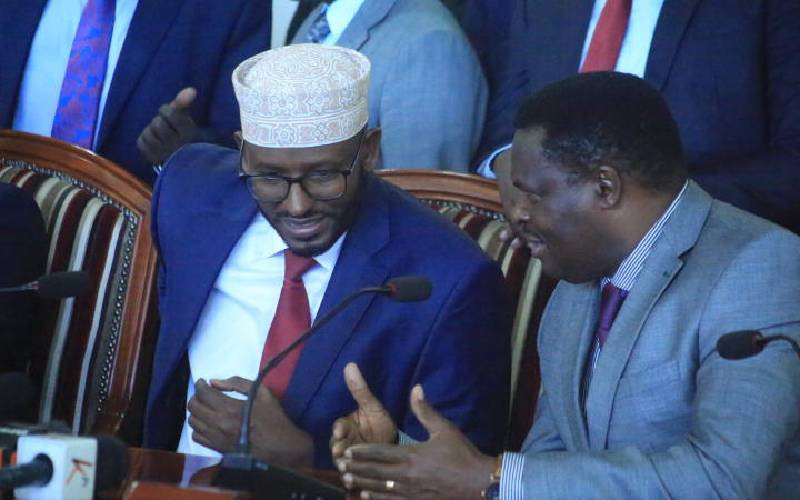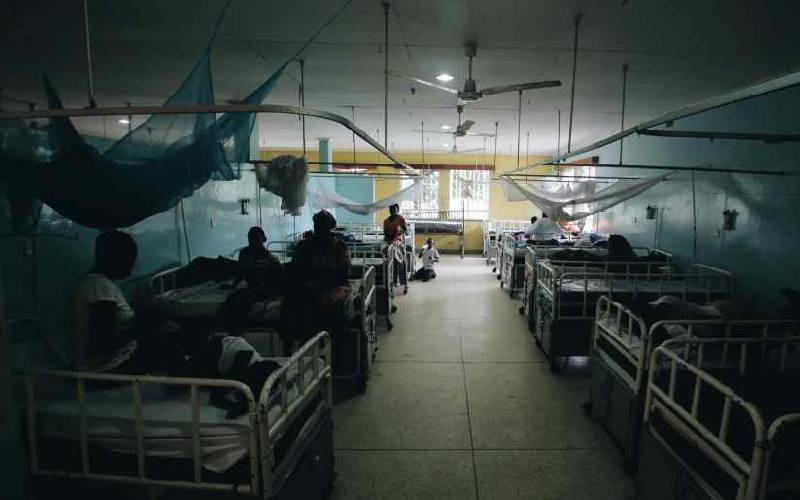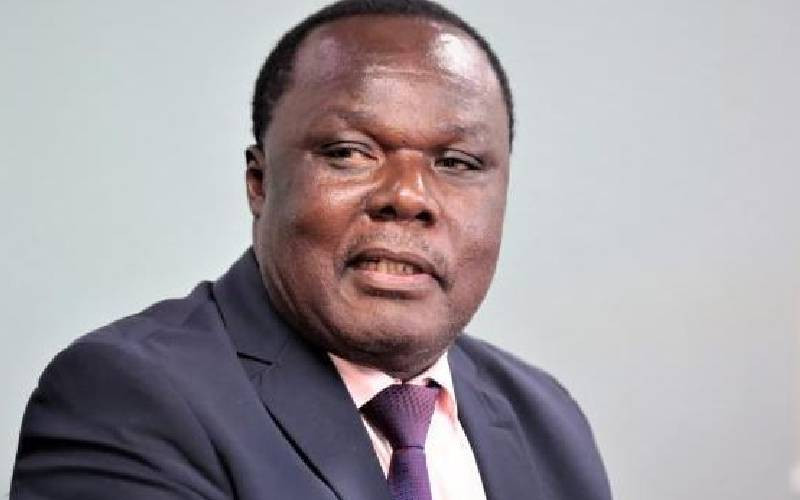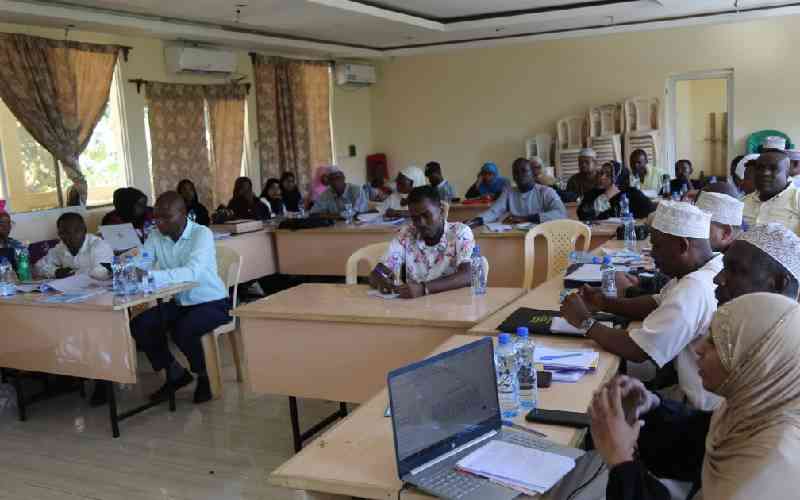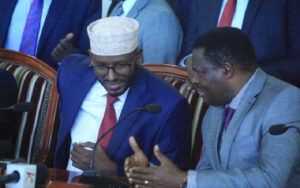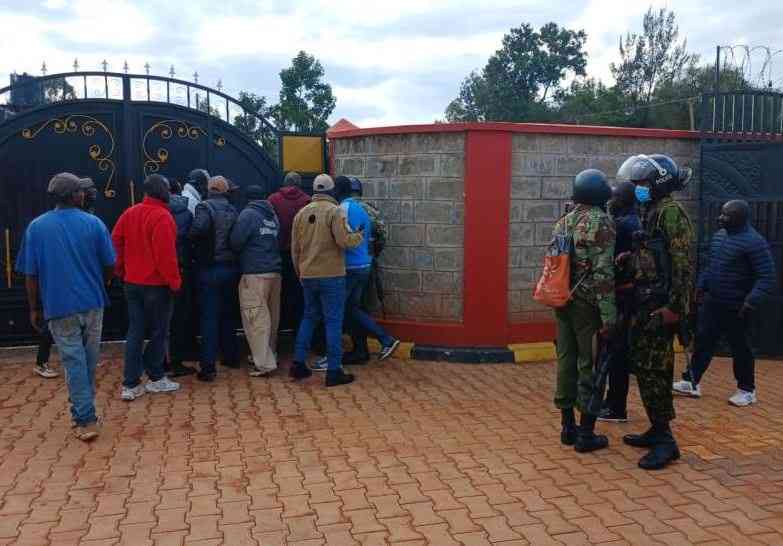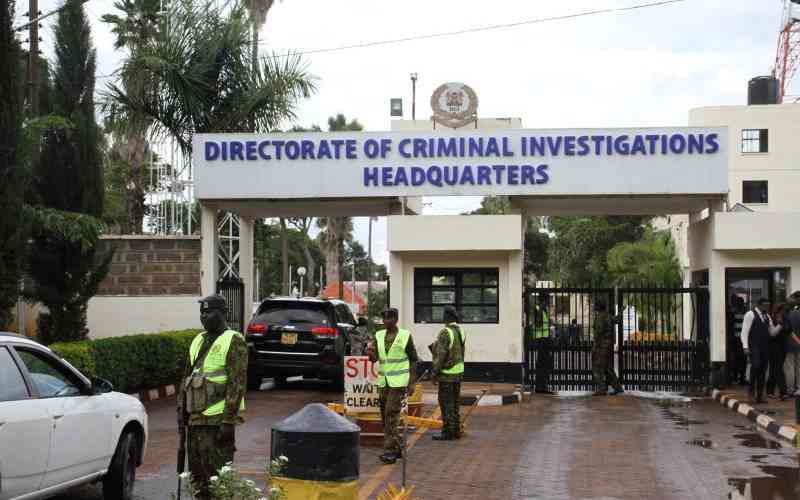Lamu County has completed the training of an inaugural cohort of 50 certified mediators who are set to begin resolving long-standing tribal conflicts in the county.
The cohorts attended a comprehensive training programme aimed at enhancing access to justice in the remote and marginalised areas within the coastal county.
The training, conducted by the Mediation Training Institute of East Africa in collaboration with the Muslim Women Advancement of Rights and Protection (MWARP) organisation, equipped members of the Court Users Committee (CUC) and local Civil Society Organisations (CSOs) with professional mediation skills.
According to members of the Lamu Court Users Association, the initiative serves as a direct response to the significant judicial challenges Lamu residents faced in accessing formal courts, a problem exacerbated by the county’s vast geography and its location at the Kenya-Somalia border.
“Lamu, being a border county, which is also marginalised, has always faced challenges with the location of courts, which are far away from many places, and it’s very costly to travel,” stated Rahma Gulem Abbas, Executive Director for MWARP, adding that it is also a hard and tedious affair arranging mobile court sessions, especially in Lamu East.
She further highlighted the severe consequences of this justice gap, noting that many cases, especially in Lamu East, have remained unsolved for long, leading to killings of people and longstanding grudges that have made people live in fear and hatred.
Rahma observed that with the trained mediators, legal and judicial stakeholders intended to solve such conflicts and reduce cases of injustices.
The newly trained mediators, who are now awaiting final accreditation from the judiciary, represent a cross-section of the community, including civilians, community leaders, chiefs, teachers, county government personnel and police officers.
Lamu Court’s principal resident magistrate and CUC chairperson, Mr Peter Wasike, praised the initiative, noting the diverse turnout.
“This professional mediators’ training has been conducted in an excellent manner, and it is my belief that those trained in mediating cases will carry out their duties fairly when called upon,” the Principal Resident Magistrate said.
He further emphasised that even as a magistrate, he learnt a lot from the five-day course, underscoring the programme’s value.
The training, led by mediation expert Mr James Mangerere, is a key part of the Lamu Court Mediation Programme, which was launched on September 26th.
The programme leverages Article 159 of the Kenyan Constitution, which promotes Alternative Dispute Resolution (ADR) mechanisms to decongest courts and deliver faster, cost-effective justice.
Principal resident Magistrate Wasike also pointed out that the new mediators would serve critical areas beyond the reach of current judicial services.
“Some are coming from as far as Kiunga, which is on the border with Somalia, areas that are not even within the mobile court’s reach,” he said.
Stay informed. Subscribe to our newsletter
“The cohort of graduate mediators will now be under review by the Judiciary’s Mediation Accreditation Committee, who will give them approval under which they will be formally accredited to handle court-referred cases, bringing the promise of timely resolution of conflicts among differing communities or parties,” MWARP Programme Officer UmulKheir Ahmed said.


